Introduction to the Yoruba Nation Movement
The Yoruba Nation movement, an advocacy for autonomy and self-determination by the Yoruba ethnic group in Nigeria, has been gaining momentum over recent years. Central to this movement is Sunday Igboho, a vociferous activist who has drawn both national and international attention to their cause. Recently, he submitted a petition to the UK Prime Minister, an act that marked a crucial point in their struggle for self-governance. What was notable about this petition was Igboho's method; it was devoid of threats or violence, reflecting a strategy grounded in peace.
Kanunta Kanu’s Position
Kanunta Kanu, the brother of the renowned Biafran separatist leader Nnamdi Kanu, commented on Igboho’s peaceful approach, underscoring how such a method sets an example that others could follow. He pointedly cast his criticisms toward Igbo politicians, blaming them for their lack of assertiveness and collaboration in advancing the cause of their own ethnic group's aspirations for self-rule, such as that of Biafra. Kanunta's insights reveal palpable disappointment in the Igbo political class, who he feels have not shown sufficient dedication or courage in comparison to Igboho’s efforts.
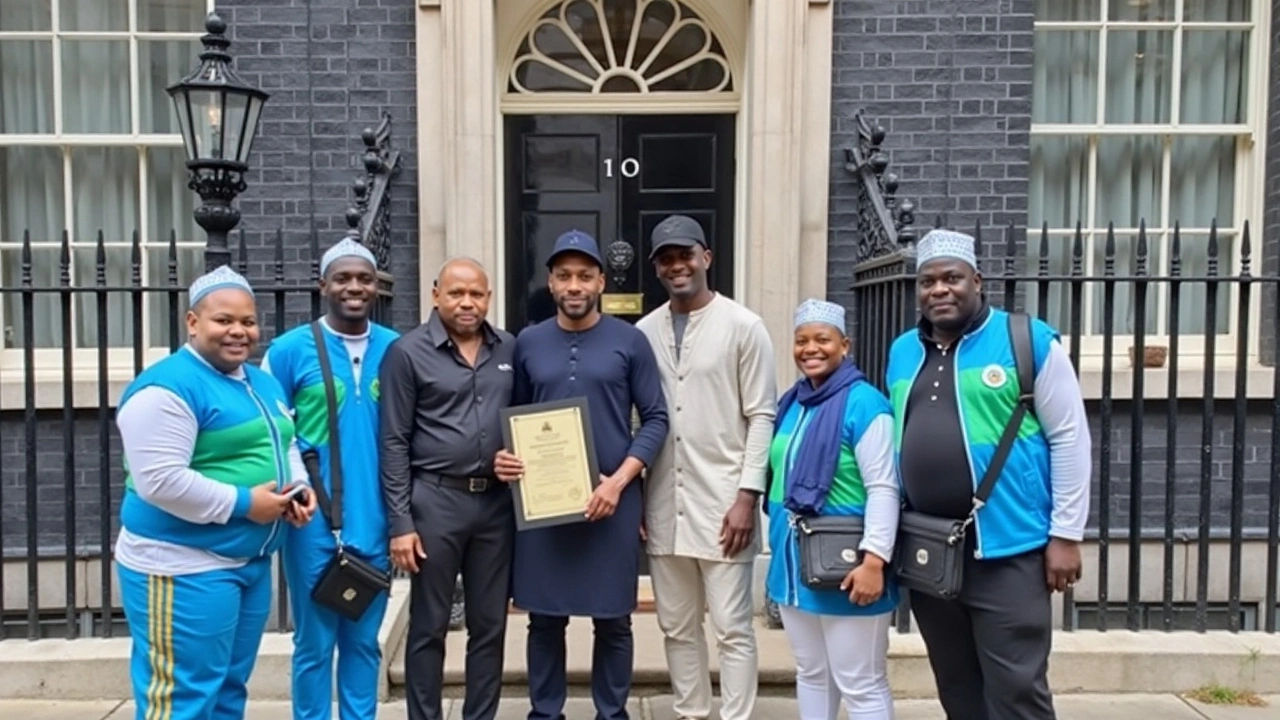
Critique of Igbo Political Leaders
Despite Igboho's proactive stance and peace-focused strategy, the apparent apathy from Igbo politicians has been met with criticism from various quarters. For decades, the call for Biafran independence has resonated amongst the Igbo populace, but significant political backing has often been tepid or nonexistent, leading to frustrations among proponents of the secessionist movement. Critics argue that the reluctance or slow pace of politicians to engage in meaningful dialogue or actionable steps toward self-determination continues to stagnate progress, leaving passionate advocates questioning their allegiances and strategies.
Yoruba Nation vs. Biafran Movement
Both the Yoruba Nation movement and the Biafran movement highlight regional dissatisfaction with the Nigerian state. However, the methods and involvement of political figures in these movements appear to differ. Sunday Igboho's approach, marked by diplomacy and peaceful advocacy, stands out in stark contrast to the often tumultuous and sometimes violent activities associated with the Biafran movement led in part by Nnamdi Kanu. This divergence in strategies could be indicative of the different trajectories or possibilities each movement may face in achieving their objectives.
The Role of Nonviolence in Advocacy
The nonviolent approach championed by Igboho may serve as a model for other movements struggling for self-determination. Nonviolence as a strategy is not only morally preferable, but it can also prove politically advantageous, fostering international sympathy and support. Peaceful activism allows for engagement with global platforms and audiences, potentially attracting diplomatic attention and dialogue. Igboho’s recent efforts suggest an awareness of such dynamics, aiming to cultivate broader endorsement while maintaining moral high ground.
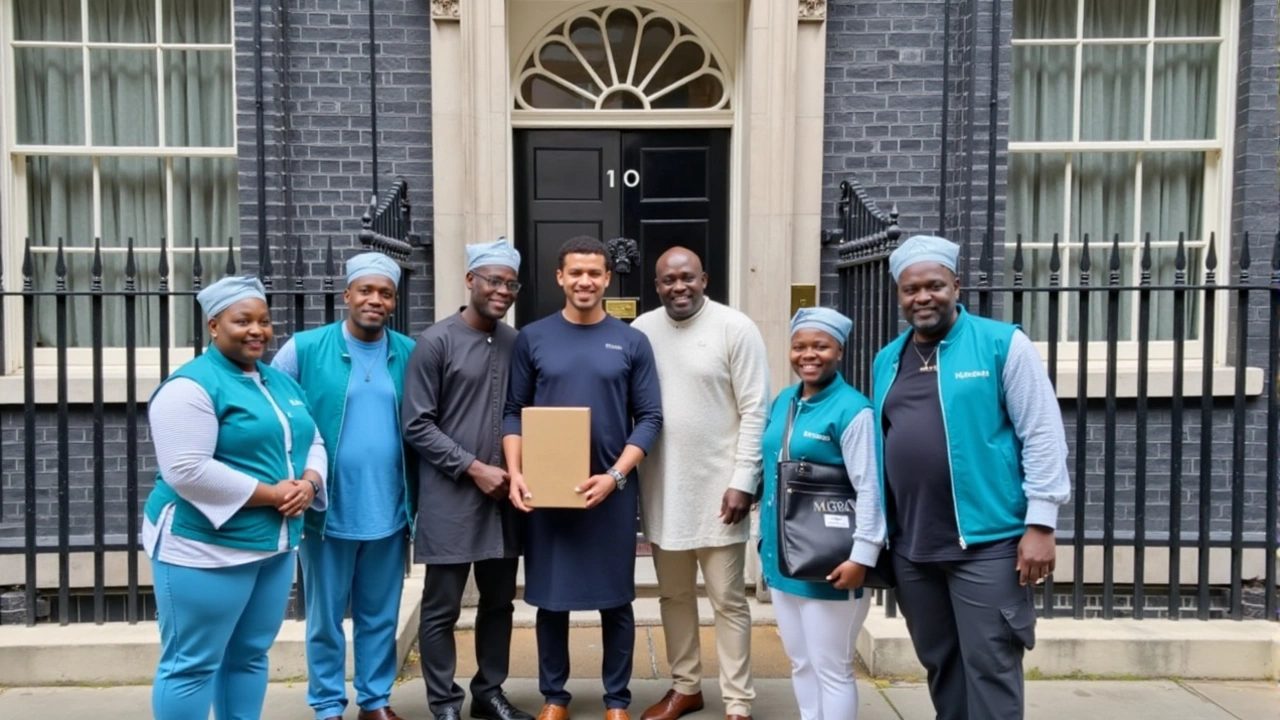
Implications for Future Political Actions
As proponents for autonomous rule continue their advocacy, the comparison between the Yoruba and Igbo movements sheds light on the necessity for strategic reforms within each initiative. For the Igbo community, Kanunta's comments signal a call to action for stronger political engagement and a unified, peaceful approach. The undertaking to reshape political strategies may involve greater community mobilization, influence from grassroots organizers, and a marked departure from any forms of extremity.
Conclusion: A Call for Unified Efforts
In conclusion, the developments reported elucidate the contrast in strategies and political willingness seen between the two significant ethnic movements within Nigeria. Sunday Igboho's diplomatic methods underscore the potential effectiveness of peaceful petitions in advocating for autonomy. As these stories unfold, the evident need for a strategic and peaceful approach to self-determination grows. Advocates and politicians alike must recognize the power of peace as a vehicle for political dialogue and reform.


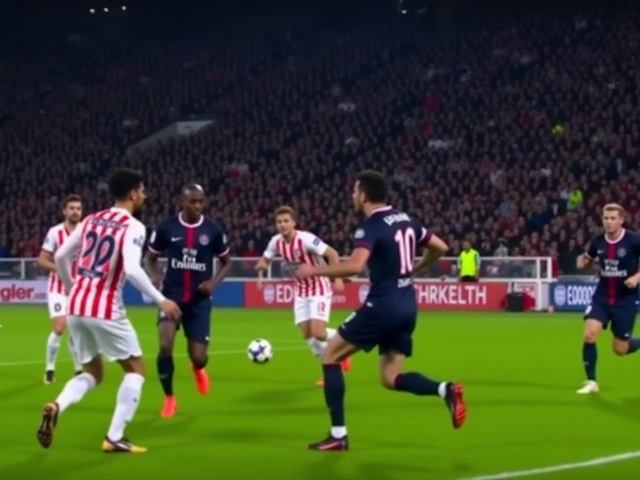
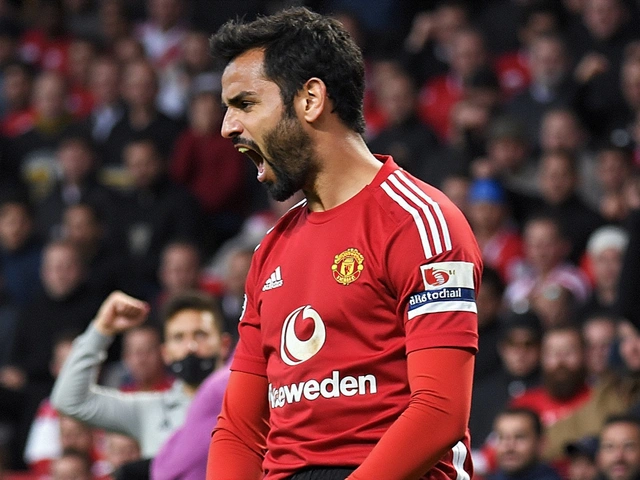
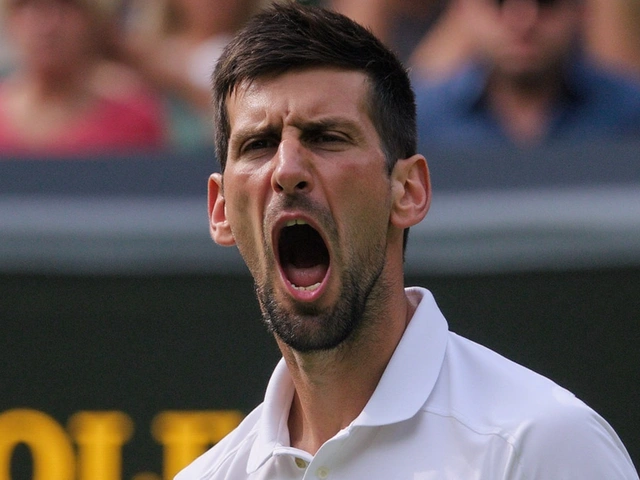
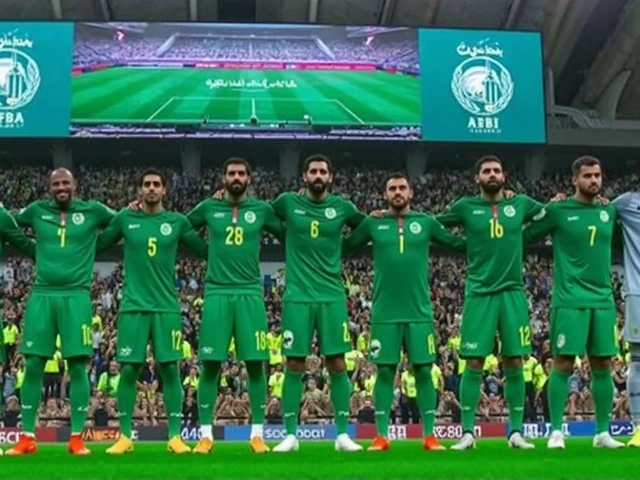


parlan caem
October 15, 2024 AT 05:06Igboho's so‑called “peaceful petition” reads like a theatrical script designed to win applause from foreign media, not a genuine effort to solve Nigeria’s deep‑rooted ethnic fractures. He flirts with diplomacy while the real power brokers stay glued to their comfort zones, and the result is a hollow gesture that inflames rather than calms. The Yoruba push for autonomy is admirable in spirit, but the method reeks of opportunism, spitting on any chance of sincere dialogue. If the movement wants to be taken seriously, it must ditch the performative melodrama and confront the entrenched political machinery head‑on, not hide behind polite letters to distant leaders. This is the kind of surface‑level activism that fuels cynicism across the nation, leaving ordinary folks to wonder whether any of these movements actually care about the grassroots they claim to represent.
Mayur Karanjkar
October 15, 2024 AT 06:13The epistemic framing of nonviolent advocacy here aligns with constructivist discourse, yet the praxis remains under‑theorized within indigenous polity structures.
Sara Khan M
October 15, 2024 AT 07:20Honestly, the Igbo political class could learn a thing or two from Igboho’s calm approach 😊. Too often they get tangled in partisan bickering, ignoring the simple truth that steady dialogue beats loud protest every time 😐.
shubham ingale
October 15, 2024 AT 07:26Let’s keep the hope alive 🌟
Ajay Ram
April 6, 2025 AT 04:53When we examine the historical tapestry of Nigeria’s regional aspirations, we notice a recurring pattern where charismatic personalities emerge only to become symbols rather than agents of structural change. The Yoruba Nation movement, spearheaded by figures like Igboho, offers a case study in how nonviolent symbolism can ripple across borders, drawing attention from global institutions that might otherwise ignore sub‑national grievances. Yet the resonance of such symbolism depends heavily on the willingness of local political actors to translate moral authority into concrete policy proposals that address land rights, resource allocation, and cultural preservation. In the Igbo context, the long‑standing frustration with perceived marginalization has fostered a climate where radical rhetoric often eclipses measured negotiation, creating a feedback loop that entrenches mistrust between the community and the federal centre. Kanunta Kanu’s admonition to Igbo politicians, while harsh in tone, underscores an essential truth: without decisive leadership that embraces peaceful engagement, movements risk being relegated to the peripheries of academic debate rather than influencing legislative agendas. Moreover, the comparative analysis between the Yoruba and Biafran strategies reveals that the latter’s occasional recourse to confrontational tactics has historically provoked security crackdowns, thereby limiting the space for open dialogue. By contrast, Igboho’s petition to the UK Prime Minister demonstrates how a well‑crafted, non‑violent appeal can act as a diplomatic lever, opening channels that might otherwise remain sealed. This does not imply that peaceful advocacy is a panacea; it merely suggests that it constitutes a strategic foundation upon which broader coalition‑building can be layered. For grassroots activists within the Igbo region, the lesson may be to harness the moral high ground while simultaneously cultivating alliances with civil society, academia, and even sympathetic political figures across party lines. Such an inclusive approach can mitigate the risk of factional splintering, which has plagued many secessionist endeavors in the past. Additionally, the role of the diaspora cannot be overlooked, as overseas communities possess both the platform and the resources to amplify non‑violent narratives on international stages. If Igbo politicians were to channel this external support into domestic policy discussions, they could transform external sympathy into internal legitimacy. Ultimately, the path forward calls for a recalibration of tactics: moving from isolated outbursts toward sustained, disciplined advocacy that leverages legal frameworks, media outreach, and community education. Only through this multidimensional strategy can the yearning for self‑determination evolve beyond symbolic petitions and become a viable component of Nigeria’s democratic evolution. In sum, the convergence of peaceful methodology, strategic politicking, and inclusive mentorship offers a blueprint that both Yoruba and Igbo movements might adapt to achieve lasting, meaningful progress.